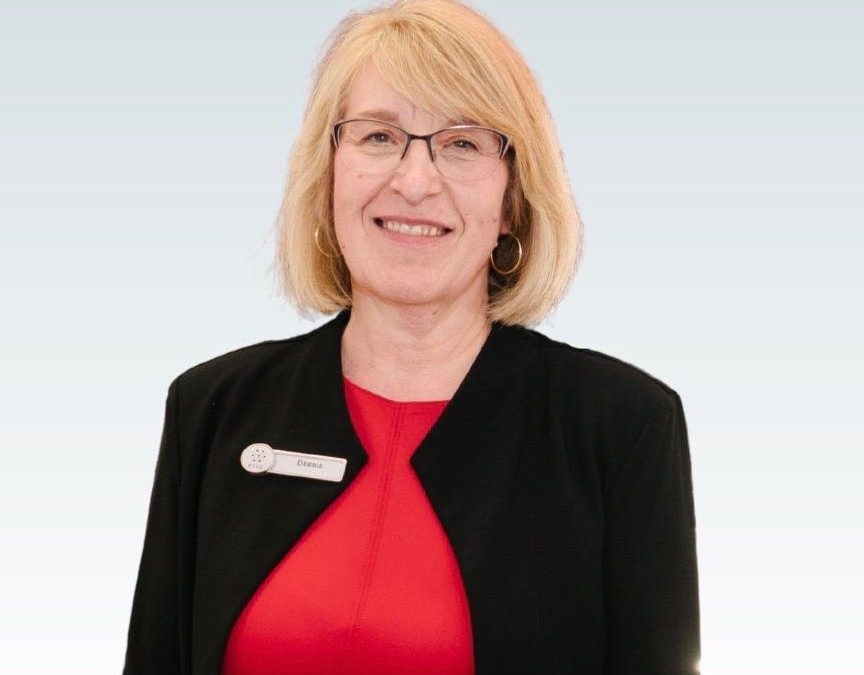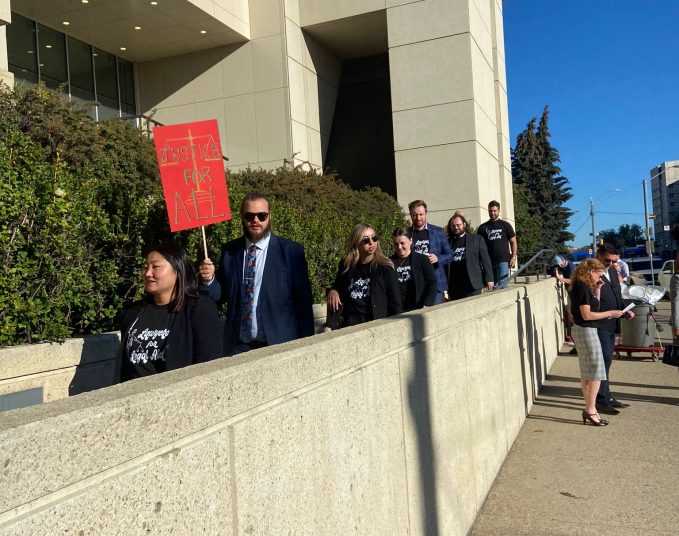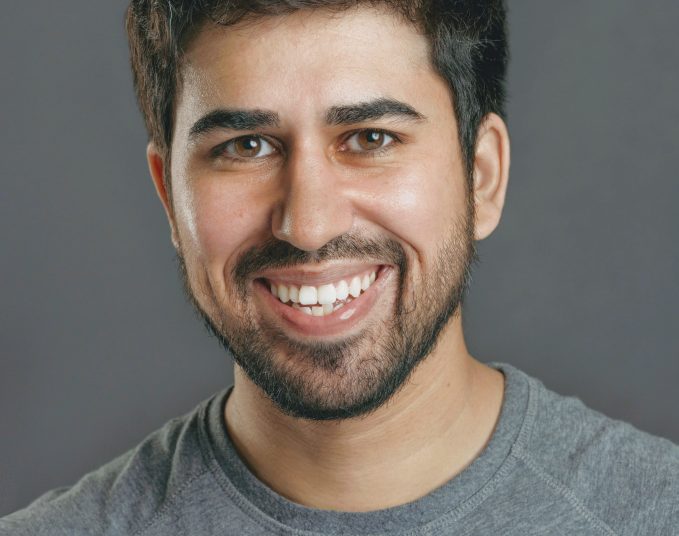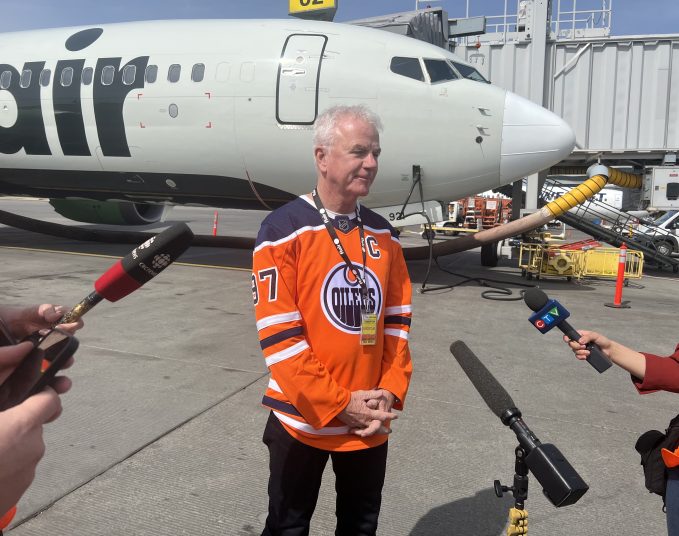When Chelsea Boucher graduated from the University of Victoria’s law school in 2020, she faced obstacles to finding an articling position.
She is Indigenous — her mother is from the Alexander First Nation, near Morinville. It was the height of the pandemic. And she wanted to work in Edmonton, her hometown, but Alberta’s cycle for hiring articling students is different from British Columbia’s.
Fortunately, the Edmonton Community Legal Centre (ECLC) had an opening for an articling student to backfill a maternity leave.
The 32-year old started her articles in January 2021 and a year later when it ended…
“I had five job offers,” Boucher says. ”It wasn’t difficult to find a job. The hardest part was figuring out where I wanted to go and what was the right fit.”
Boucher knows it is cliche to label her experience at ECLC as “life changing.” Nonetheless she says it set her on her career path and gave her the experience and skills to achieve it.
Now the clinic wants to increase the number of articling positions it offers‚ for not entirely selfless reasons, admits Executive Director Debbie Klein.
“Articling students tend to come back and volunteer with us,” Klein says. In fact, Boucher volunteers at least once a month and plans to increase that to twice a month.
The non-profit charity provides free legal information, advice and representation to low-income people — generally those who earn less than minimum wage — from Edmonton and northern Alberta.
While Legal Aid helps people mostly with criminal matters, the ECLC, focuses on a broad range of civil, family and immigration legal matters. About 30,000 people asked the clinic for help in 2022, a 53 per cent increase over pre-COVID numbers in 2019. Its 2023 budget is $3 million.
Its services are provided by about 180 volunteer lawyers and a staff of 25, including six lawyers and other client support professionals including legal assistants, social workers and many volunteer university students.
The clinic fundraises by working casinos and through direct appeals to previous donors. It also receives funding from foundations, the lion’s share from the Edmonton Community Foundation.
The clinic has four articling students. Klein says it is fundraising to increase that number to better meet demand while at the same time providing articling positions for BIPOC and LGBTQ2S+ law school graduates who traditionally have difficulty finding articles.
If the centre can increase its capacity to provide legal advice, it can represent more people, “and articling students help us do that in a cost effective way,” Klein says
Boucher says her articling experience at the centre was extraordinary and set her up to succeed as a lawyer in private practice.
“Most articling positions, you are told to do research, do some memos, maybe shadow different lawyers. Going into ECLC on my very first day, I had files on my desk, and they were like, ‘Get into it, figure it out.’ So I had to learn on the job. And I think that helped me be successful.”
One case stands out for Boucher: a client with a disability living hand-to-mouth because her high-income husband refused to provide any spousal support.
“We ended up getting the client $16,000 in retroactive spousal support, and then an ongoing spousal support order for them so they didn’t have to worry about money anymore. It was pretty exciting.”
The clinic’s work is undervalued, she says.
“They do so much and it goes unnoticed and I think that they deserve more recognition and more financial support.”
“Because without them, a large segment of the population wouldn’t be able to access legal resources.”
This content was supplied by the advertiser for commercial purposes. It is not written by and does not necessarily reflect the views of Urban Affairs staff.
Savvy AF. Blunt AF. Edmonton AF.




